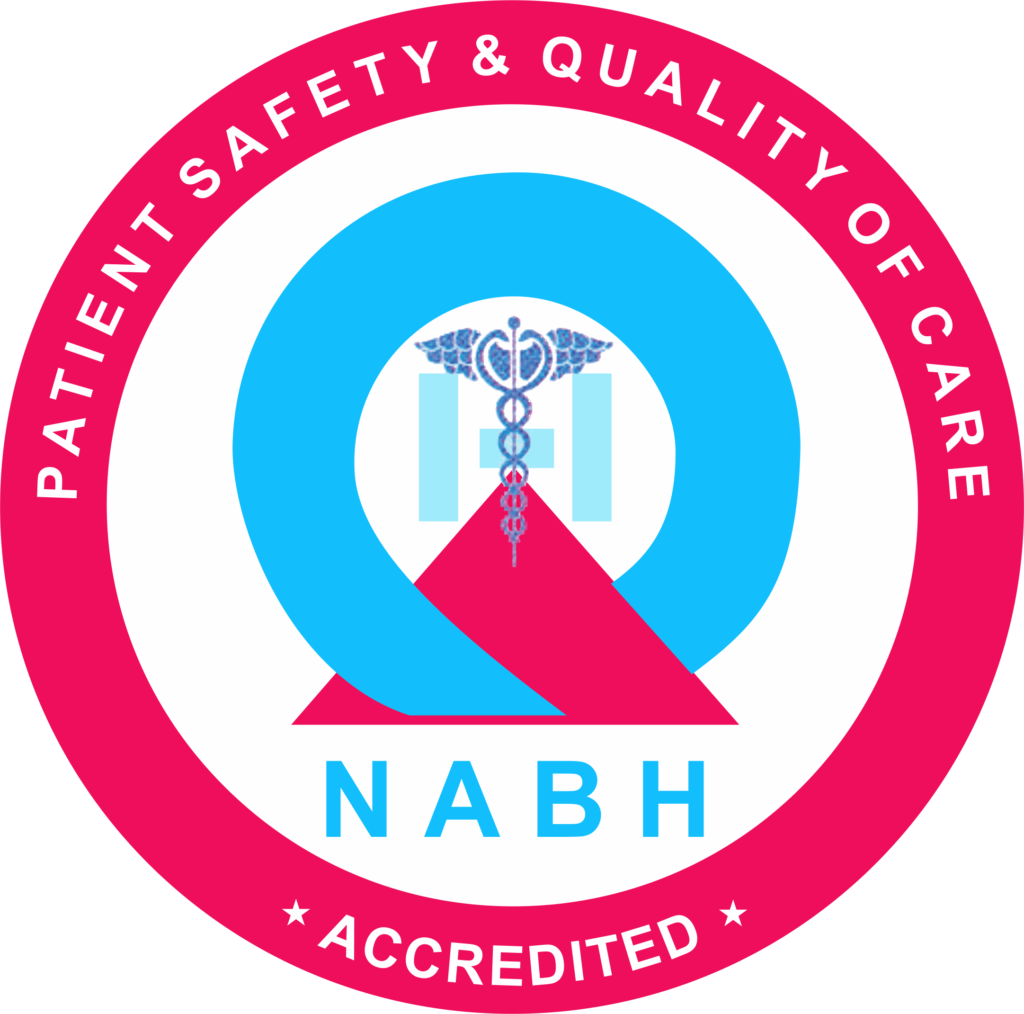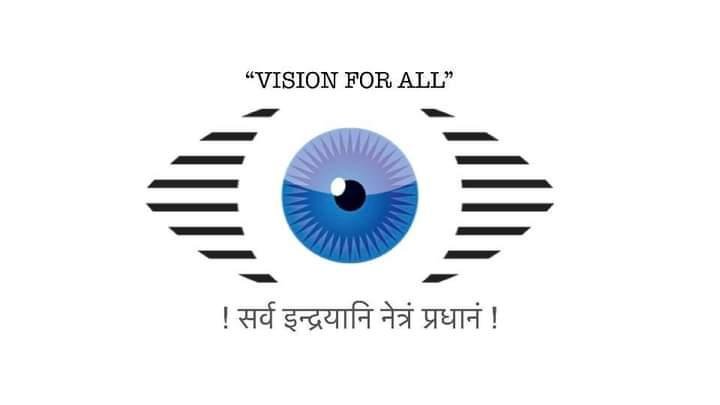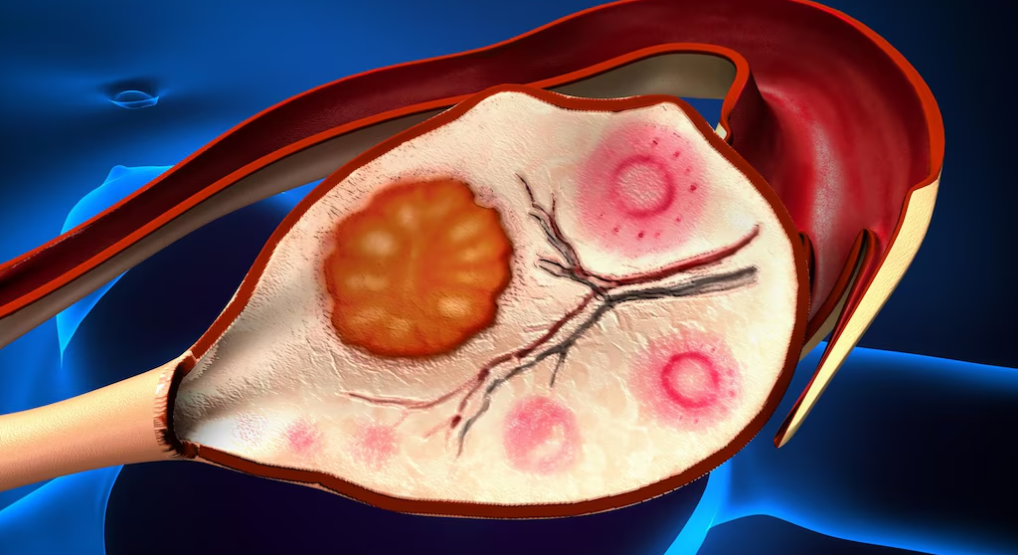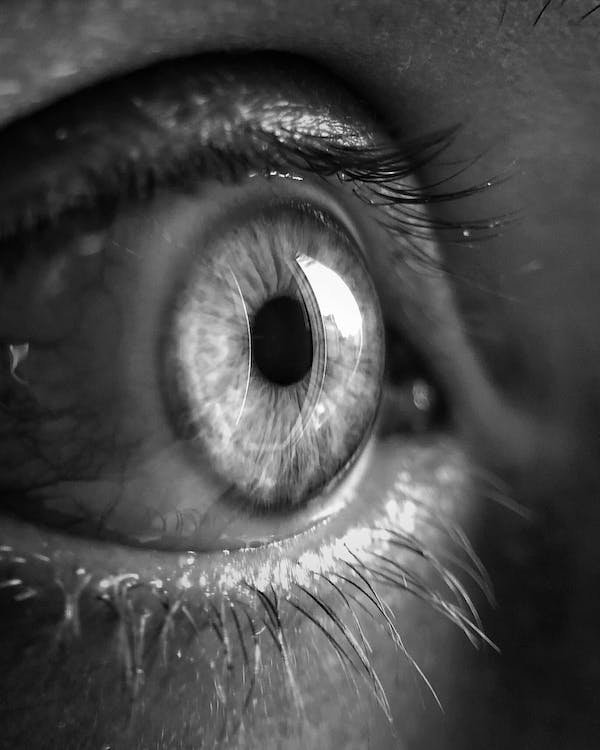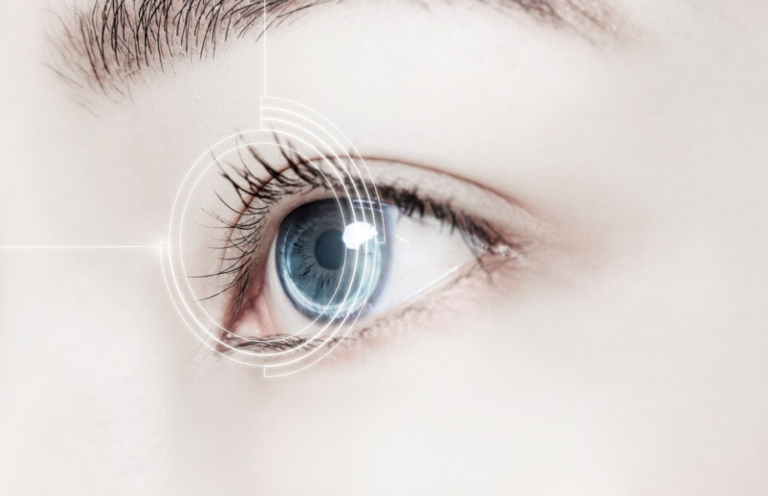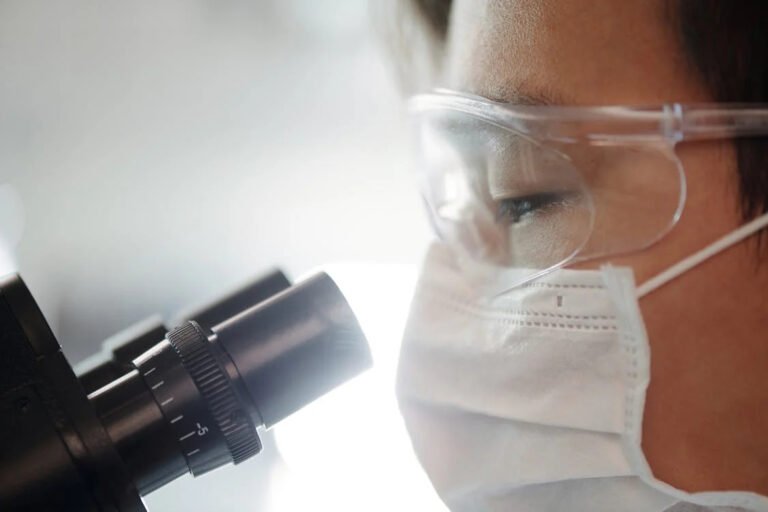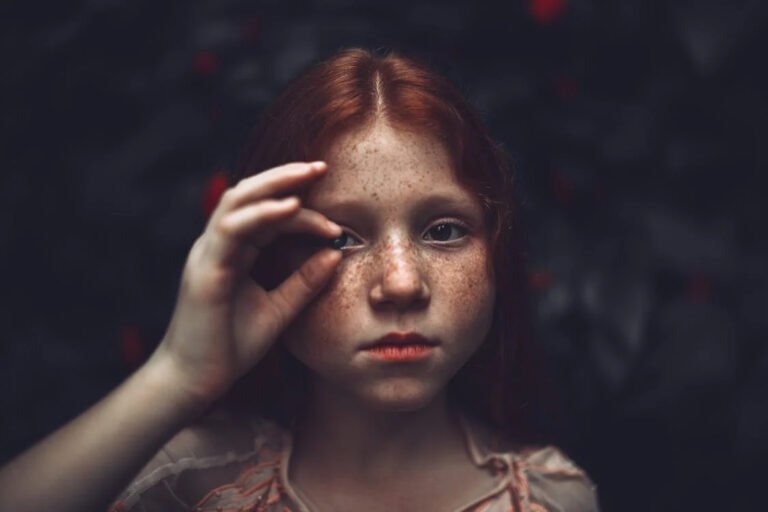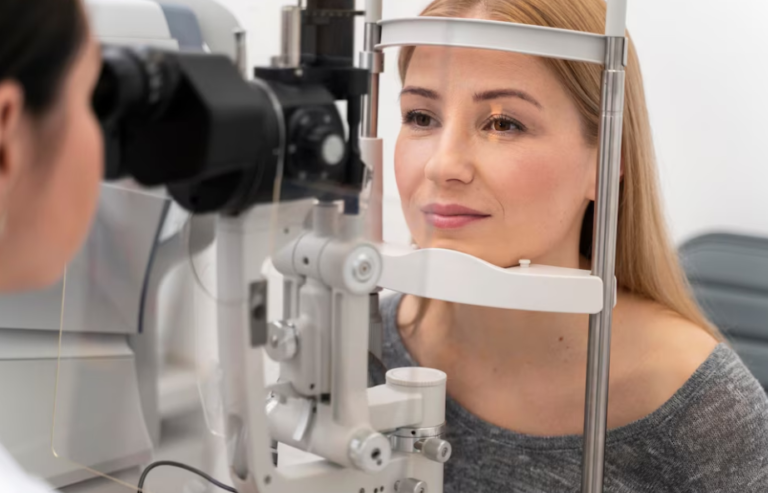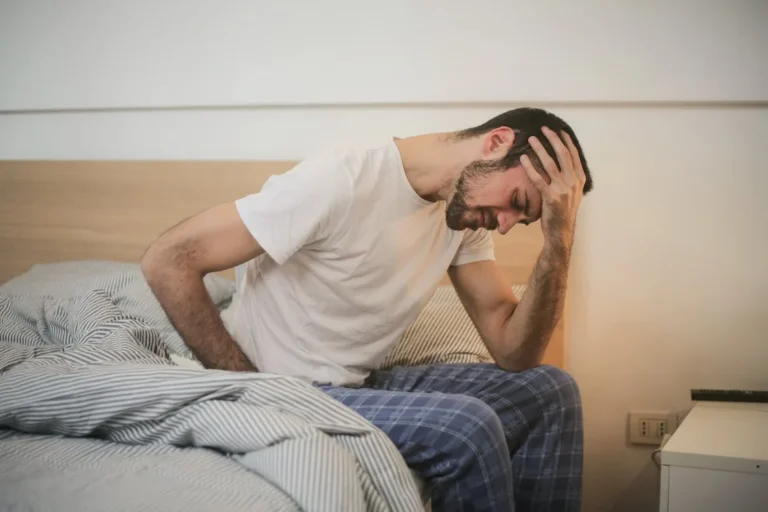Dangers of High Blood Pressure to the Eyes And Vision
When someone has high blood pressure, it can harm the tiny blood vessels found in the back part of the eye called the retina. The retina is like a special layer of tissue that helps turn the light and pictures coming into the eye into messages the brain can understand. So, when these blood vessels get damaged because of high blood pressure, it can affect how well our eyes work and how we see things. If you face it, you can contact Dhir Hospital, the best Eye Hospital in Haryana.
Causes
- High blood pressure: Increased pressure in the blood vessels can lead to severe eye damage.
- Diabetes: Having diabetes can elevate the risk of eye damage and vision loss, especially when coupled with high blood pressure.
- High cholesterol levels: Elevated cholesterol levels can contribute to eye problems when combined with high blood pressure.
- Smoking: Smoking increases the risk of damage to the eyes, particularly in individuals with high blood pressure.
- Sudden onset high blood pressure: Rare instances of sudden high blood pressure can cause severe changes in the eye.
- Poor blood flow to the nerves in the eye: This can occur due to high blood pressure, leading to nerve damage.
- Artery blockage: Blockage of arteries supplying blood to the retina can result in eye complications.
- Vein blockage: The blockage of veins carrying blood away from the retina can cause eye issues.
- Obesity: Carrying excess weight, particularly around the middle, can contribute to high blood pressure and subsequent eye problems.
- Excessive salt intake: Consuming too much salt can lead to hypertension, increasing the risk of eye damage.
Visit Dhir Hospital, the largest eye hospital in Bhiwani, for eye care and treatment of conditions related to high blood pressure and other risk factors.
Symptoms
- Double vision: Seeing two images instead of one may indicate hypertensive retinopathy.
- Dim vision: Blurred or decreased vision could be a symptom of eye complications due to high blood pressure.
- Vision loss: Loss of vision, either partial or complete, may occur in the advanced stages of the disease.
- Headaches: Persistent headaches, especially if accompanied by vision changes, could signal hypertensive retinopathy.
- Eye pain: Discomfort or pain in the eyes may be a symptom of eye problems related to high blood pressure.
- Flashes of light: Seeing flashes of light in the field of vision could indicate retinal issues.
- Floaters: Specks or shapes floating in the field of vision may be a sign of retinal damage.
- Distorted vision: Seeing wavy or distorted images could indicate retinal changes.
- Eye redness: Redness in the eyes, particularly if accompanied by other symptoms, may be a sign of hypertensive retinopathy.
- Sensitivity to light: Increased sensitivity to light may occur in individuals with retinal issues.
To treat hypertensive retinopathy symptoms, visit Dhir Hospital’s eye specialist in Bhiwani. They provide expert care and management for eye conditions related to high blood pressure.
Exams and Tests
Your healthcare provider will examine your eyes using an ophthalmoscope to check for narrowed blood vessels and signs of fluid leakage from blood vessels.
The level of damage to the retina (retinopathy) is assessed on a scale from 1 to 4:
Grade 1: Typically, no symptoms are present.
Grades 2 to 3: Various changes are observed in blood vessels, including leakage and swelling in different parts of the retina.
Grade 4: Swelling occurs in the optic nerve and the central part of the retina (macula), leading to decreased vision.
You may require a specialized test to evaluate the condition of the blood vessels.
Treatment
- Control high blood pressure: The primary treatment for hypertensive retinopathy is to manage and control elevated blood pressure levels effectively.
- Medication: Your healthcare provider may prescribe medications to help lower and regulate your blood pressure.
- Lifestyle changes: Adopting a healthy lifestyle, including regular exercise, a balanced diet low in sodium, maintaining a healthy weight, and avoiding smoking, can help manage high blood pressure and reduce the risk of complications.
- Regular check-ups: You must monitor your blood pressure regularly and attend follow-up appointments with your healthcare provider to ensure it remains within a healthy range.
- Consultation with specialists: Seek guidance from specialists, such as ophthalmologists or eye care professionals, to evaluate and manage hypertensive retinopathy.
Outlook (Prognosis)
- Individuals with severe retinopathy (grade 4) often experience complications like heart and kidney problems due to high blood pressure. They also face an increased risk of stroke.
- With effective control of blood pressure, the retina typically heals. However, some individuals with grade 4 retinopathy may sustain permanent damage to the optic nerve or macula.
When to Contact a Medical Professional
Seek emergency medical attention if you have high blood pressure, vision changes, or headaches. Contact Dhir Hospital, the largest Eye Hospital in Bhiwani, for expert evaluation and management of hypertensive retinopathy. Their specialists offer care and support for eye conditions related to high blood pressure.
